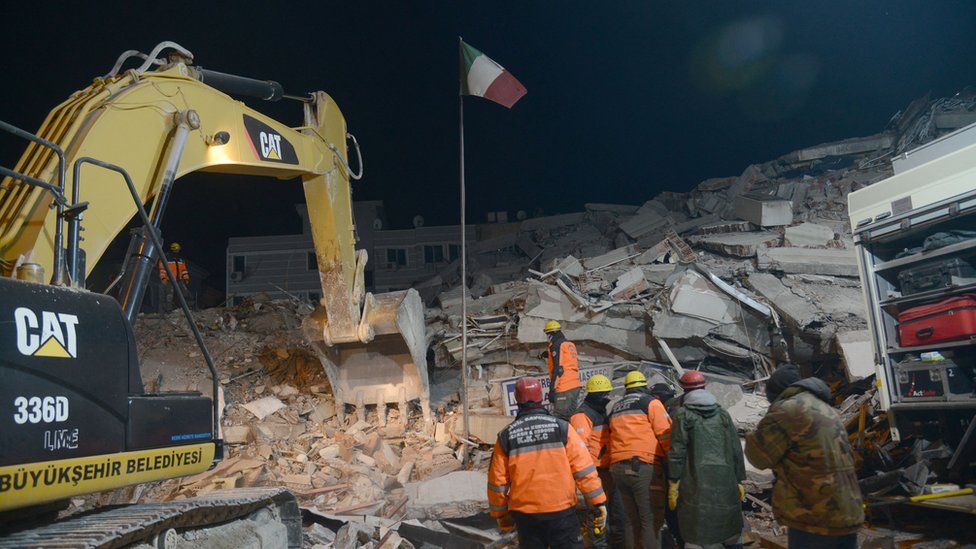-

-
-
Loading

Loading

The trial for the first criminal case related to the earthquake in Turkey last year has commenced. The focus of the trial is the collapse of a hotel in Adiyaman, where 72 individuals lost their lives. This hotel was hosting a school volleyball team from northern Cyprus and a group of tourist guides when the earthquake struck. Eleven people have been accused of violating construction regulations. The earthquake, which occurred on 6 February, claimed over 50,000 lives in Turkey and Syria. Approximately 160,000 buildings were destroyed or severely damaged, leaving 1.5 million people homeless. Following the disaster, the Turkish government revealed that hundreds of individuals were under investigation, while nearly 200 people, including construction contractors and property owners, had been arrested. A total of 39 people, including students, teachers, and parents from Famagusta Turkish Education College, were in Adiyaman for a volleyball tournament when the earthquake happened. They had chosen the Isias Grand hotel, a prominent hotel in Adiyaman, which collapsed within seconds. Only four parents from the volleyball group survived, as they managed to free themselves from the wreckage. Unfortunately, 35 others, including all the children, lost their lives. Relatives of the deceased attended the trial and demanded severe punishment for the 11 accused individuals as well as charges against the Turkish officials who approved the hotel's license. According to the indictment, the hotel had been operational since 2001, and an analysis discovered that construction materials used for its supporting columns were mixed with gravel and sand from a local river. Moreover, additional floors were added to the hotel in 2016 without proper permits. Pervin Aksoy Ipekcioglu, a mother who lost her 14-year-old daughter in the incident, criticized the hotel construction, stating, "They did not build a hotel, they built a mass grave." The culture and tourism ministry had conducted several inspections on the hotel, granting it a four-star rating before its collapse. The widespread building collapses caused by the earthquake resulted in significant criticism of the Turkish government for fostering a construction boom while failing to enforce building regulations, which had been strengthened after previous calamities. Safiye Cevik, whose 14-year-old daughter Nehir died, held those responsible for the Isias Hotel accountable. She emphasized that they should be charged with intentional killings and expressed confidence in the delivery of justice. If convicted, the 11 defendants could face prison sentences ranging from two years and eight months to over 22 years.